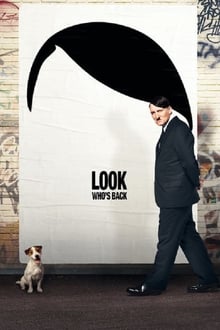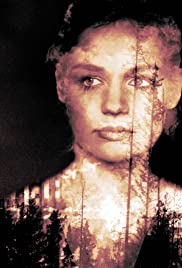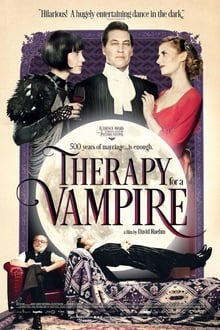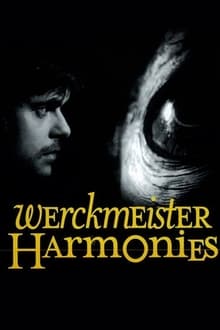Lars Rudolph

Lola receives a phone call from her boyfriend Manni. He lost 100,000 DM in a subway train that belongs to a very bad guy. She has 20 minutes to raise this amount and meet Manni. Otherwise, he will rob a store to get the money. Three different alternatives may happen depending on some minor event along Lola’s run.

Adolf Hitler wakes up in a vacant lot in Berlin, with no knowledge of anything that happened after 1945. Homeless and destitute. Although everyone recognizes him, nobody believes that he is Hitler; instead, they think he is either a comedian, or a method actor.

Berlin in June of 1940. While Nazi propaganda celebrates the regime’s victory over France, a kitchen-cum-living room in Prenzlauer Berg is filled with grief. Anna and Otto Quangel’s son has been killed at the front. This working class couple had long believed in the ‘Führer’ and followed him willingly, but now they realise that his promises are nothing but lies and deceit. They begin writing postcards as a form of resistance and in a bid to raise awareness: Stop the war machine! Kill Hitler! Putting their lives at risk, they distribute these cards in the entrances of tenement buildings and in stairwells. But the SS and the Gestapo are soon onto them, and even their neighbours pose a threat.

Alma and Jan are having an affair and yet Jan does not want to admit it. In order to force him to recognize their relationship, Alma secretly takes Jan’s small son, Juri on a trip. Accompanied by the delivery man Bruno, the two drive in the direction of Berlin. At a rest stop, he tries clumsily to get closer to Alma but she rebuffs him. In doing so, Alma unwittingly injures him in such a way that he drops all his inhibitions. Whereas Bruno until now was acting covertly in the hope of establishing contact, he now wants to take for himself what has been denied him.

Horror comedy film following vampire count Geza von Kösznöm who’s visiting groundbreaking neurologist Sigund Freud because he’s bored of his life and frustrated of the “eternally long” relationship with his wife Elsa.

This story takes place in a small town on the Hungarian Plain. In a provincial town, which is surrounded with nothing else but frost. It is bitterly cold weather — without snow. Even in this bewildered cold hundreds of people are standing around the circus tent, which is put up in the main square, to see — as the outcome of their wait — the chief attraction, the stuffed carcass of a real whale. The people are coming from everywhere. From the neighboring settlings, even from quite far away parts of the country. They are following this clumsy monster as a dumb, faceless, rag-wearing crowd. This strange state of affairs — the appearance of the foreigners, the extreme frost — disturbs the order of the small town. Ambitious personages of the story feel they can take advantage of this situation. The tension growing to the unbearable is brought to explosion by the figure of the Prince, who is pretending facelessness. Even his mere appearance is enough to break loose destructive emotions…